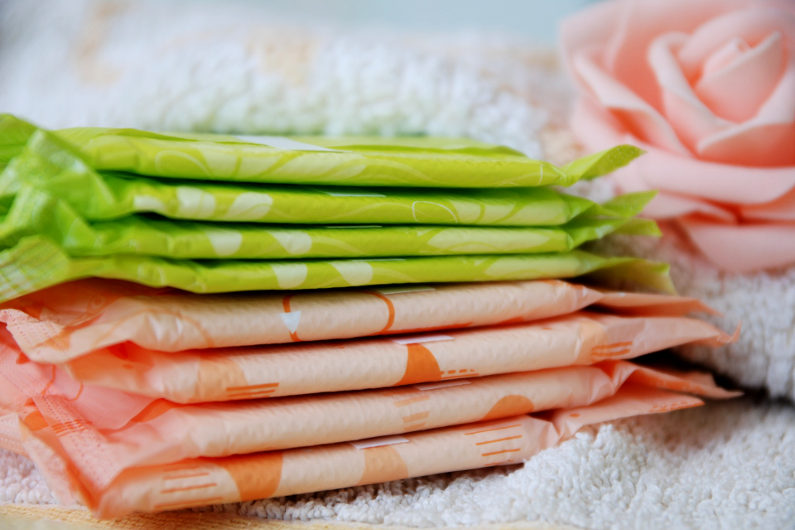Now that climate change has become harder to dismiss, many of us are more aware of how human activity impacts the environment. This gradual surge in awareness has targeted all aspects of life with an amplified call for changes in behaviour. Even small aspects of our daily routines can be harmful to the environment.

The sanitary sector is certainly not exempt from this and many women may take the creation and disposal of these products for granted. However, these products can be a huge contributor to environmental damage. The Women’s Environmental Network has found that, on average, a woman will use more than 11,000 disposable menstrual products over her lifetime, which produces a staggering amount of waste. While periods are a reality that we cannot avoid, could we be managing the associated waste in a cleaner, eco-friendlier way?
One of the most important things that facilities managers can do to minimise the environmental impact of sanitary products is to provide appropriate waste management systems in all bathrooms. Many women still flush sanitary products rather than binning, to devastating effect, so make sure appropriate facilities are always available and regularly maintained.
Becoming a ‘binner’ is one of smallest yet most significant steps that women can take to reduce the environmental impact of sanitary products ranging from non-applicator tampons to maternity towels. The Journal of The Institution of Environmental Sciences found that around 2.5 million tampons, 1.4 million sanitary liners, and 700,000 panty liners are flushed down UK toilets every day. As well as providing and maintaining bins, putting up notices informing people of the impact of flushing would have a positive effect.
Furthermore, workplaces that are able to provide sanitary products to their employees should gear all their efforts towards supplying eco-friendly, biodegradable products, ideally opting for brands with a low plastic content. Encouraging employees to make these ‘greener’ choices will reduce waste, and cause them to rethink their menstrual product choices outside of the workplace.
Sources:
https://www.wen.org.uk/environmenstrual-campaign
https://friendsoftheearth.uk/plastics/plastic-periods-menstrual-products-and-plastic-pollution
https://lil-lets.com/uk/period-plastic
https://friendsoftheearth.uk/plastics/plastic-periods-menstrual-products-and-plastic-pollution
https://news.sky.com/story/plastic-straws-stirrers-and-cotton-buds-to-be-banned-in-england-11725704
https://lil-lets.com/uk/advice/organic/why-organics-different
https://www.shethinx.com/blogs/womens-health/life-cycle-of-tampon-biodegradable-period-products
